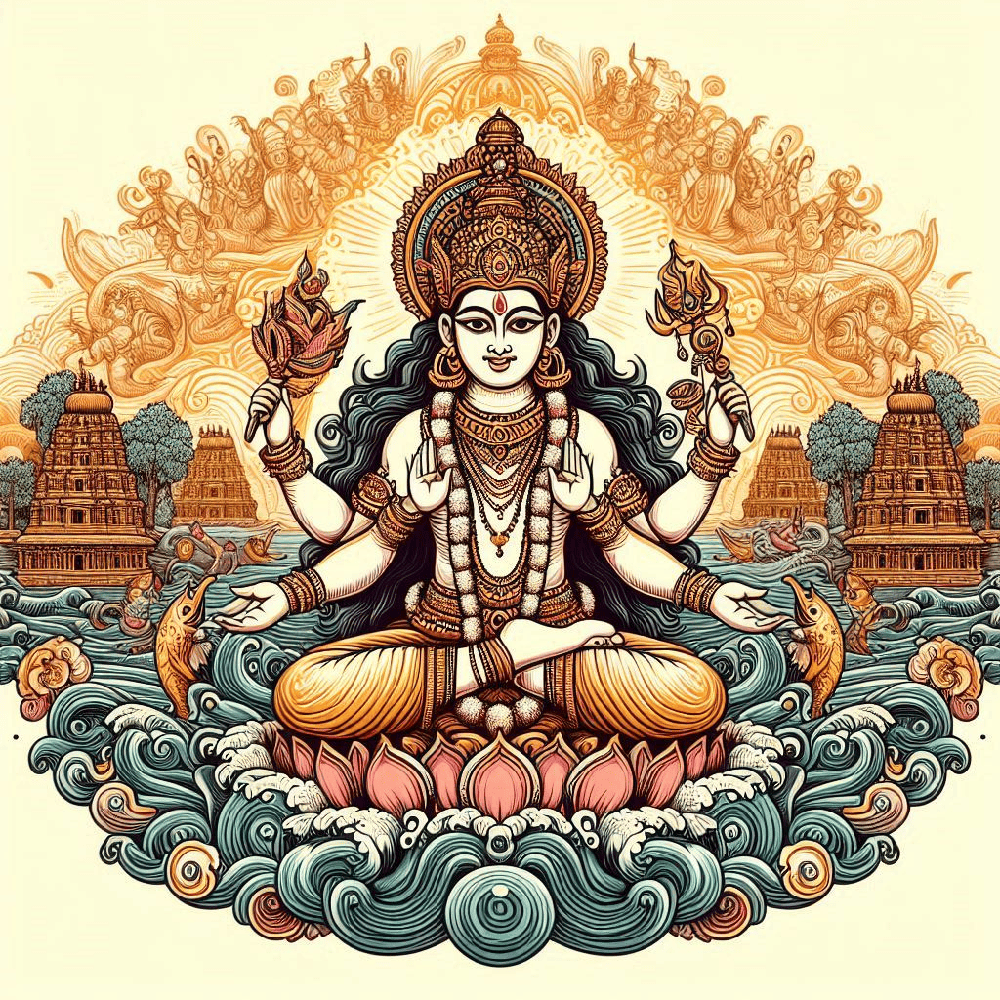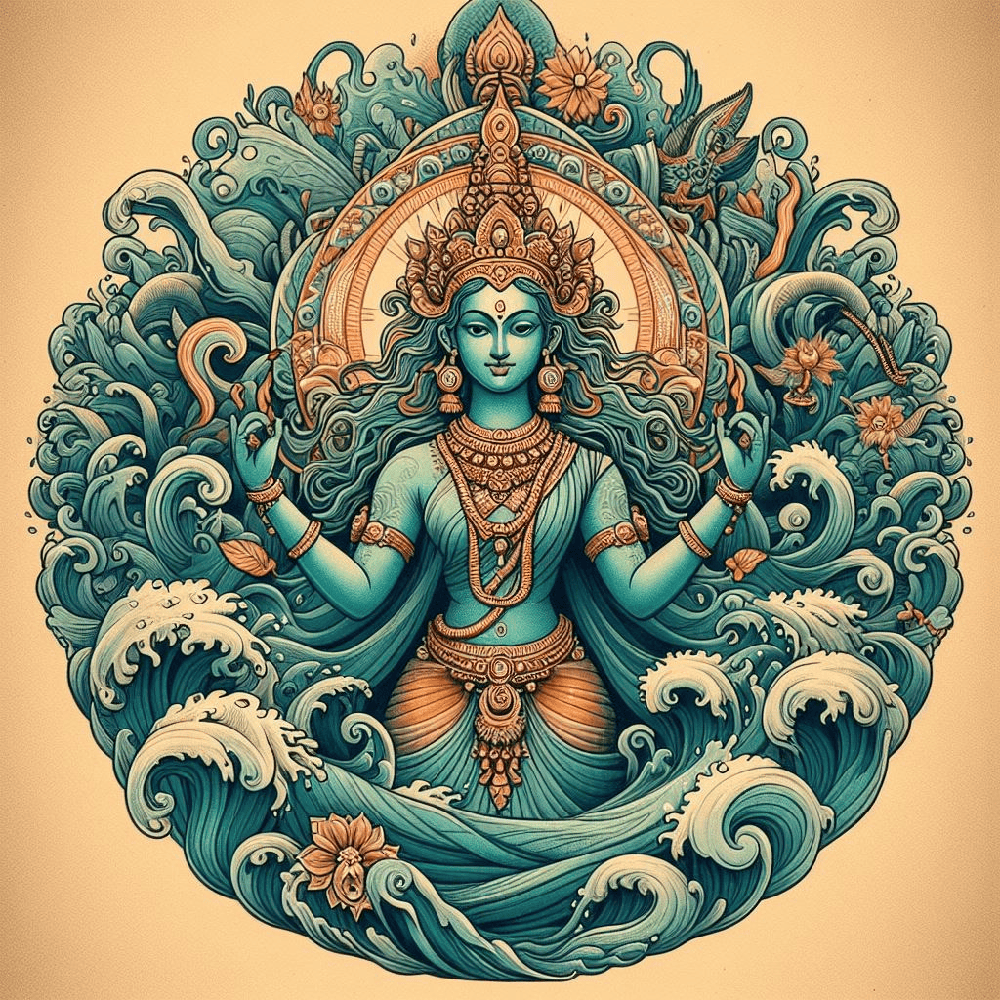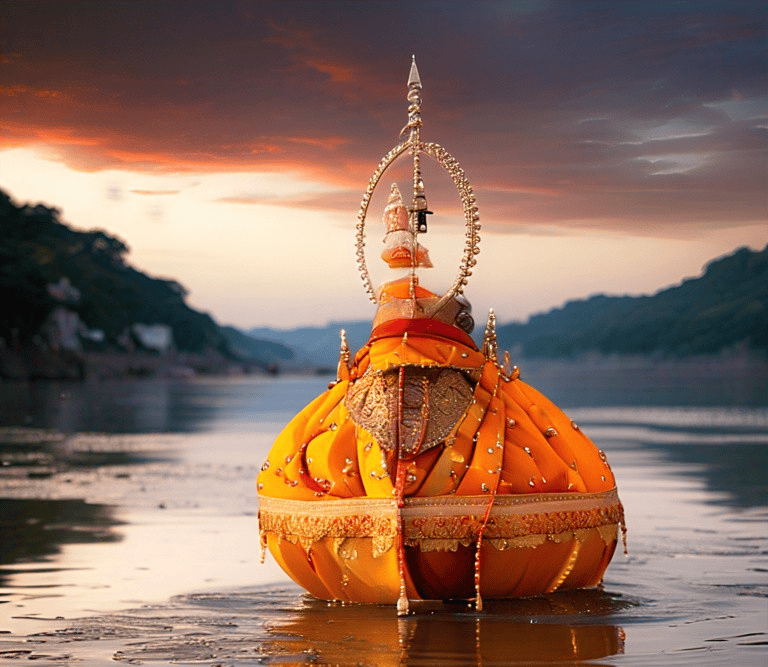Significance Of Water In Hinduism
By Diptimayee parida | bangalore September 3, 2017
Hindus place great importance on physical and spiritual cleanliness to attain purity and avoid pollution. In Hindu rituals, it is believed that water has spiritually cleansing powers. Therefore, holy places of Hindus are mostly situated on the banks of rivers, coasts, and mountains. Water represents the unmanifested substratum from which all manifestations derive. It is considered by Hindus to be a purifier, life-giver, and destroyer of evil.

Water is very essential for every Hindu ritual. Water offered to God and the water collected after bathing the deities are considered very sacred. This water is blessed and given as an offering to the devotees. The water of the kalasa (purna kumbha) is said to be imbued with divine essence, symbolizing God. This is regularly used in different religious rites.

One of the religious rituals is tarpana (offerings made to divine entities), which is the act of pouring water through the hands using sacred grass as a symbolic gesture of recognition, thanking, and pleasing the gods.
Hindus sprinkle water around the plate before starting a meal, which is a tradition.
Chanting of mantras while standing in water is called jalajapam. Neernila is the chanting of hymns while standing in water.

In Hinduism, after childbirth, a close relative pours a few drops of water on the child's body using their right hand, which is called Nir Talikkuka. It is said that this will bless the child to have good character.
Water also plays an important role in death rituals. Many funeral grounds are located near rivers. After cremation, the mourners bathe in the river before returning home. By doing this, the body of the mourner becomes pure.
Millions of Hindus take a bath in holy rivers to wash away their sins and achieve salvation. So, every three years, the Kumbha Mela is celebrated on the banks of the holy rivers.

Conclusion:
As we've explored the significance of water in Hinduism, we've seen its far-reaching impact on Hindu rituals, practices, and philosophy. Water's cleansing powers, symbolic representation, and mythological significance all contribute to its sacred status in Hinduism. May this knowledge inspire you to deepen your understanding of this vital element.
Ready to learn more about the significance of water in Hinduism? Explore our resources and courses to further your knowledge of Hindu rituals, practices, and philosophy.



